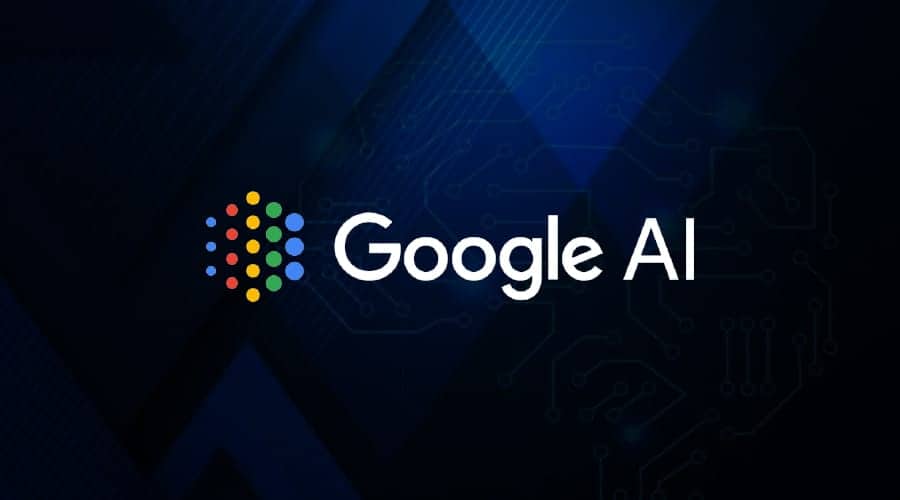ultimateimp – A recent incident has raised serious concerns about the reliability of customer support numbers shown in Google’s AI-generated search overviews. Alex Rivlin, a Facebook user, shared his experience after trying to book a shuttle for a Royal Caribbean cruise. Since the company had no online booking option, Rivlin searched Google for their customer service number. The first result was an AI-generated summary, which included a contact number for Royal Caribbean.
Read More : Nvidia Develops Blackwell Accelerators for China Market
Trusting the overview, Rivlin called the number and spoke to someone who sounded official. The caller asked for his credit card details to process the shuttle payment and later requested an additional dock fee. When the representative began asking for more personal information, Rivlin grew suspicious and ended the call.
Shortly after, he discovered unauthorized charges on his credit card. Thankfully, he contacted his credit card company in time and had the charges blocked. Though no money was lost, the incident exposed a growing threat: AI-generated content being exploited by scammers to pose as official support contacts.
This wasn’t an isolated case. Earlier this year, a Reddit user reported a similar scam involving a fake Southwest Airlines support number shown in an AI overview. In both cases, fraudsters leveraged AI-generated search features to trick users with convincingly realistic responses and phone numbers.
These incidents demonstrate the ease with which scammers can manipulate AI search summaries and use them to exploit unsuspecting users seeking help.
AI-Powered Scams Are Evolving: How to Stay Safe While Searching for Support
As artificial intelligence becomes more integrated into online search, fraudsters are adapting their methods to exploit these technologies. AI-generated overviews are now a common part of Google search results, often appearing as the top response. Many users treat these summaries as reliable, especially when seeking urgent support or customer service.
However, scammers have found ways to insert fake support numbers into AI-generated content. Even cross-referencing the numbers can sometimes produce misleading or outdated information, making it harder for users to detect fraud. These AI overviews often present data with authority, giving users little reason to doubt the details shown.
Voice impersonation, hidden phishing links, and AI-generated content make today’s scams more convincing and harder to spot. The takeaway is clear: never trust a support number solely based on an AI-generated summary. Always verify contact information through official company websites or trusted sources.
Consumers should be cautious before sharing any personal or financial information over the phone. If a representative asks for sensitive details unexpectedly, that is a strong sign of potential fraud.
As scammers grow more sophisticated, platforms must improve content verification and safeguard users. Until then, staying alert and double-checking sources remains the most effective defense.


